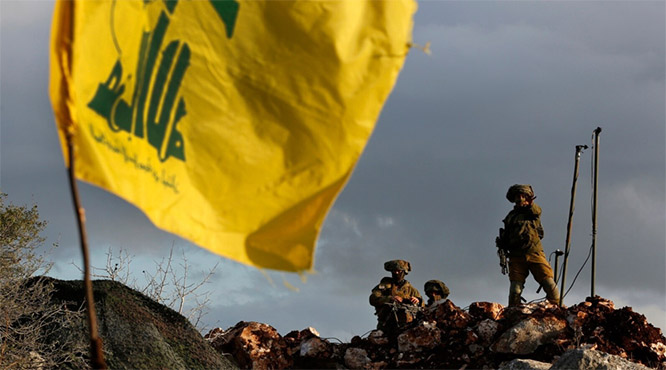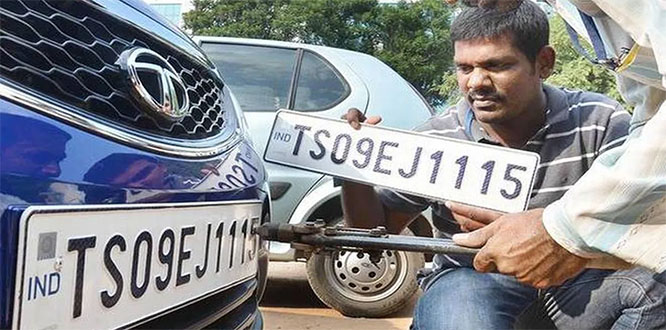New Delhi, Jul 17: The Parliament on Wednesday passed a bill giving more powers to the National Investigation Agency (NIA) to probe terrorist acts against Indians and Indian interests abroad.
The Bill amends NIA Act, 2008 that provides for a national-level agency to investigate and prosecute offences listed in the scheduled offences, was passed by Rajya Sabha with a voice vote.
Further, the Act allows for creation of Special Courts for the trial of scheduled offences.
The bill has been already passed by the Lok Sabha on July 15.
The NIA was set up in 2009 in the wake of the Mumbai terror attack that had claimed 166 lives. Since 2017, the Union Home Ministry has been pushing for giving more powers to the NIA to meet fresh challenges.
Home Minister Amit Shah asserted that the law will be used to finish off terrorism and not to target any community. The amendments to the NIA Act will allow the agency to probe terrorist acts against Indians and Indian interests abroad, cyber crimes and cases of human trafficking.
Defending the bill, the government refuted opposition's allegations of "misuse" of the NIA law to target members of a community, and stressed that people have given the mandate to the government to protect the country from terrorism. In an intervention during the discussion on National Investigation Agency (Amendment) Bill, 2019, Shah said Parliament should speak in one voice to send out a message to terrorists and the world.







Comments
Add new comment